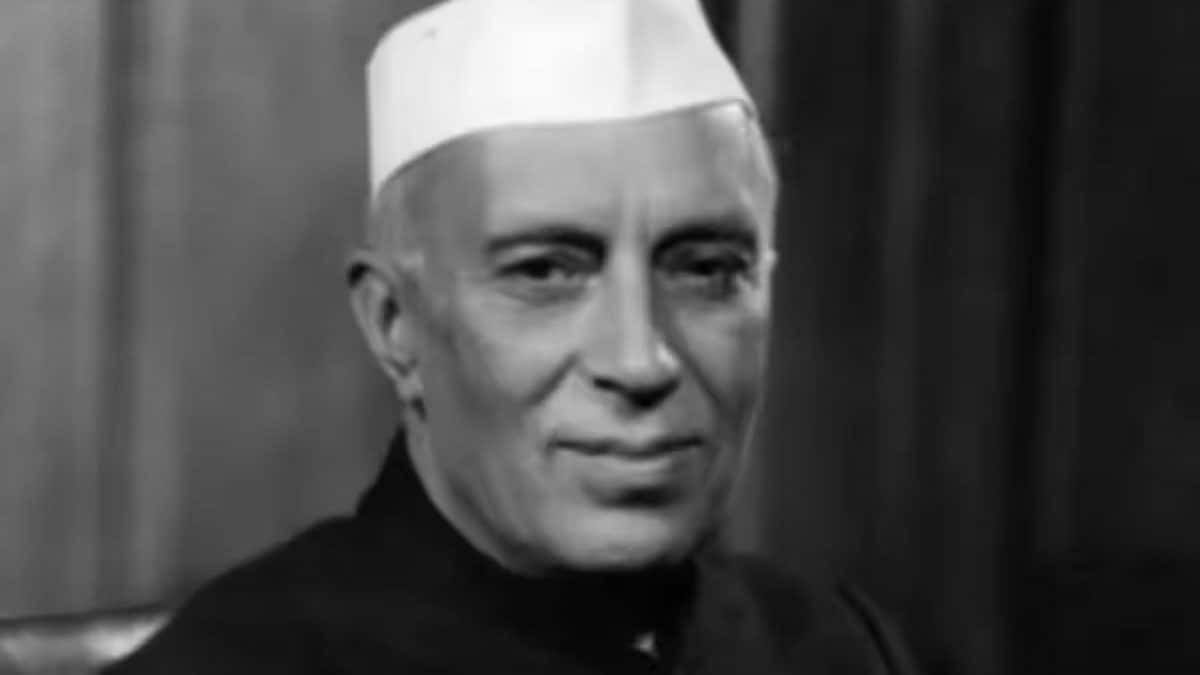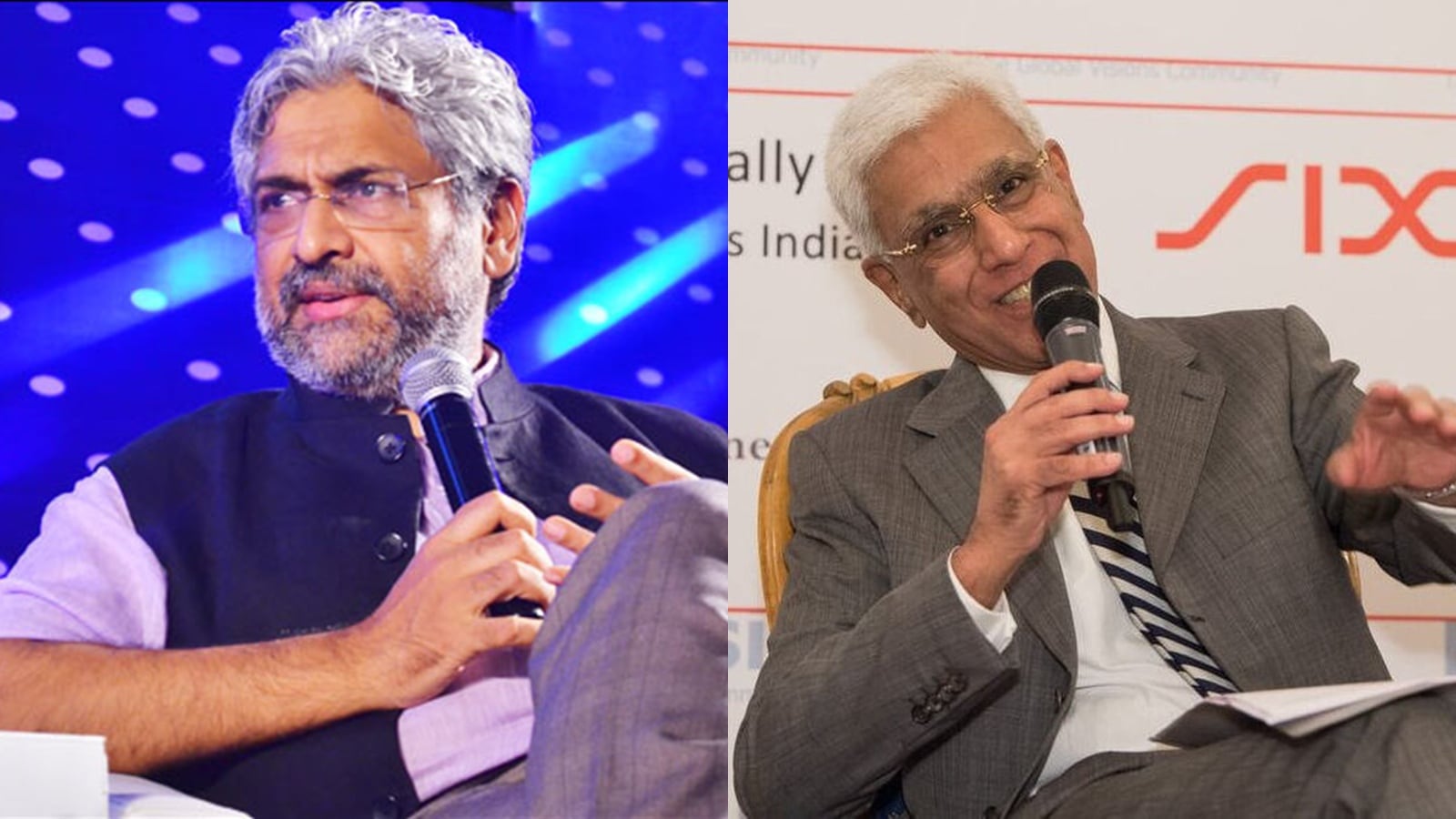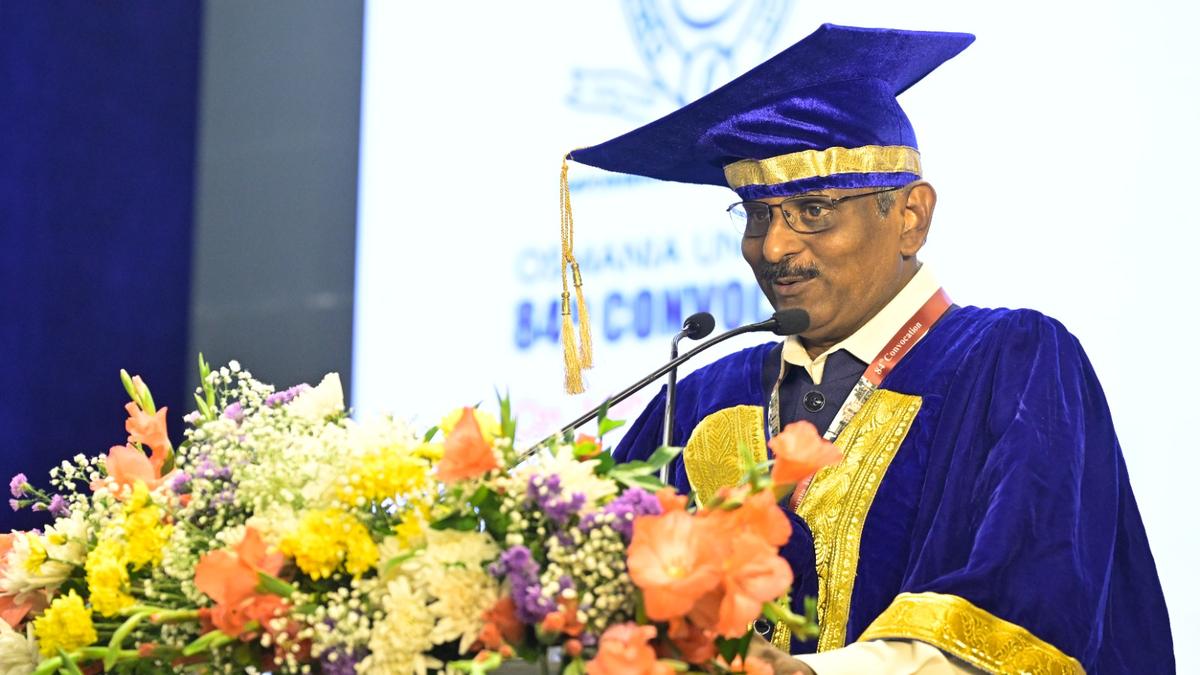The Supreme Court on Tuesday (August 19, 2025) dismissed a petition filed by the National Commission for Protection of Child Rights (NCPCR) challenging a 2022 judgment of the Punjab and Haryana High Court which held that, under Muslim personal law, a girl who had attained puberty or is aged 15 years and above could marry, notwithstanding the provisions of the Protection of Children from Sexual Offences (POCSO) Act, 2012. The High Court had also extended protection to the couple against threats to their life and liberty.
A Bench of Justices B.V. Nagarathna and R. Mahadevan ruled that the Commission lacked the locus standi to assail the High Court’s order. “We fail to see how the NCPCR can be aggrieved by such an order. If the High Court, in exercise of its writ jurisdiction under Article 226 of the Constitution, extends protection to two individuals, it is strange that the NCPCR should contest it,” Justice Nagarathna remarked.
Editorial | Protection against misuse: on POCSO Act, adolescent sex
The counsel representing the Commission argued that the challenge was confined to the legal issue of whether minor girls could marry under personal or customary laws when such marriages are criminalised under statutory law. While Muslim personal law recognises the capacity of a girl to enter into a marriage contract on attaining puberty, criminal statutes in India bar the marriage of girls below 18 years and criminalise sexual relations with minors.
“No question of law arises here, as the relief sought has already been granted. Raise it in an appropriate case,” Justice Nagarathna told the Commission.
In October 2022, the Supreme Court had issued notice on the NCPCR’s plea to examine the question of law but declined to interfere with the relief granted to the couple. The High Court’s ruling had stemmed from a petition by a Pathankot-based Muslim couple, who had married under Muslim rites and sought protection from their families. Solicitor General Tushar Mehta, representing the NCPCR, had urged a stay on the High Court’s observations, terming it a “serious issue” in view of the statutory prohibition of child marriages.

In January 2023, a Bench led by then Chief Justice of India D.Y. Chandrachud, while hearing an NCPCR petition against a similar High Court ruling, had clarified that such a decision would not constitute binding precedent. The NCPCR had argued that secular laws such as the POCSO Act and the Prohibition of Child Marriage Act, 2006, must prevail over personal or customary practices.
‘Harsh realities’
During the proceedings, Justice B.V. Nagarathna underscored that Courts must take into account the “harsh societal realities” while adjudicating upon cases involving consensual adolescent relationships.
“In genuine romantic cases, where young people like each other and wish to get married, should such cases be equated with other serious criminal offences? It is important to keep social realities in mind. Nowadays, students study together in co-educational institutions. Is it a crime to fall in love?” she remarked.
The Judge also drew attention to the emotional distress suffered by young girls when forcibly separated from their partners. “In such situations, parents often file frivolous POCSO cases to protect their reputation, as they do not wish to disclose that their daughter has eloped. This is a harsh reality of society,” she said.

The Union Government has opposed before the Supreme Court any move to lower the age of consent under child protection laws from 18 to 16 years, cautioning that such a step would “open the floodgates” to trafficking and other forms of child abuse under the guise of consent. However, Supreme Court-appointed amicus curiae and senior advocate Indira Jaising has argued that consensual sexual acts by teenagers in voluntary relationships cannot be classified as “abuse” or prosecuted as a crime.
The written submissions filed by Ms. Jaising form part of a petition instituted by advocate Nipun Saxena in 2012.



.png)
.png)
.png)
















 1 hour ago
2
1 hour ago
2









 English (US) ·
English (US) ·